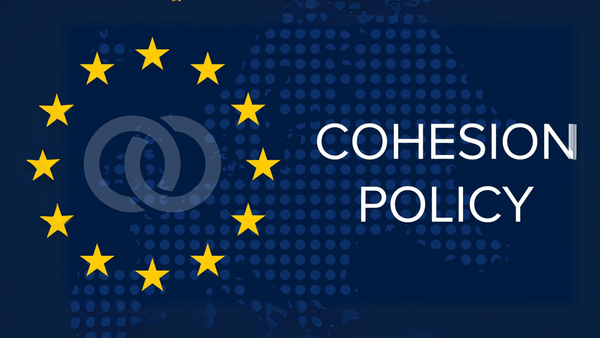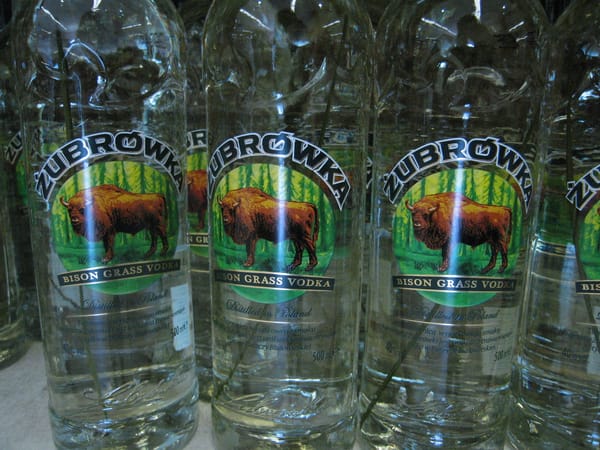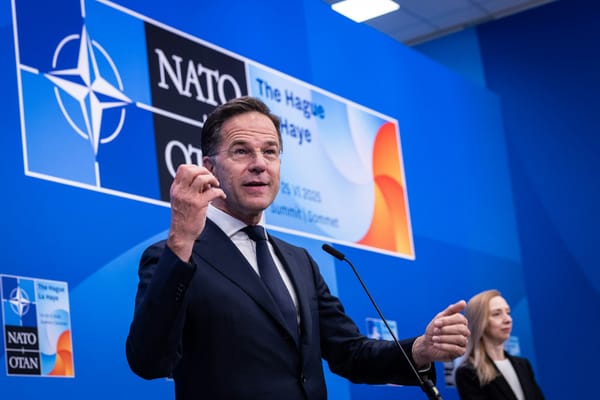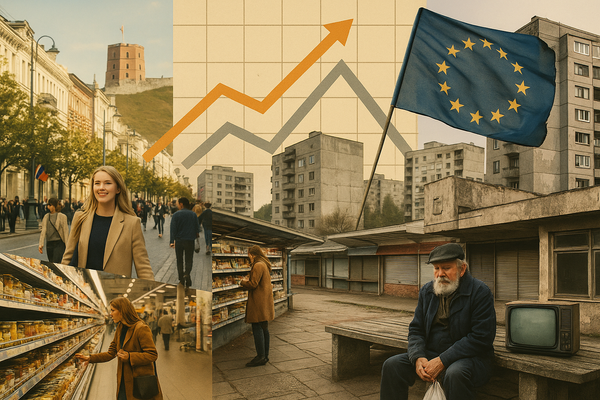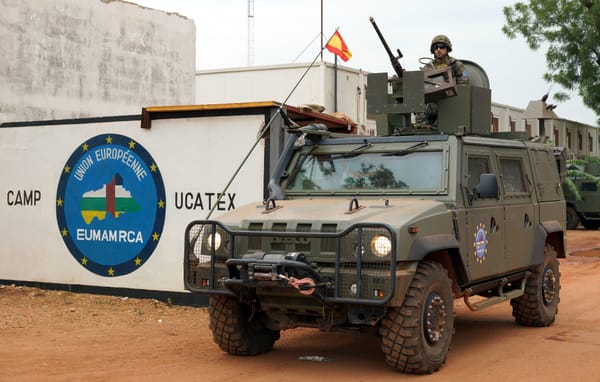
Slovakia: What Lies Beyond Energy Dependence?
Given the countries’ geographical proximity to one another, Slovak-Russian relations are a mixed bag, characterized by energy dependence on the one hand, and low-level trade on the other. Their luke-warm ties are underpinned by Bratislava’s sometimes firm, sometimes flexible stance toward Moscow.
Slovakia was formerly a part of Czechoslovakia until its amicable split with the Czech Republic in 1993. Following the 2nd World War, the Soviet Union backed a coup by the Czechoslovak Communist Party and the Czech/Slovak entity became a Warsaw Pact country aligned with the Soviet Union. The Prague Spring in 1968 ushered in democratic reforms in Czechoslovakia, but led to a Soviet invasion that put the communists back in power until the Velvet Revolution in 1989, when Czechoslovakia gained its independence.
So, on the one hand, while Slovakia has shared history and cultural affinities with Russia, relations between Bratislava and Moscow are not always as warm as they could be, given that Slovakia tries to stick to where Brussels stands towards Russia, like on the issue of sanctions following Moscow’s annexation of Crimea from Ukraine in 2014.
To quote a report by IBNA in 2018: “The basic criterion for the development of relations between Slovakia and Russia is co-operation in the economy and energy fields”, Slovak Foreign Minister, Miroslav Lajcak, said to the Slovak newspaper Pravda.
“From the moment,” he added, “when sanctions were imposed against Russia, we have witnessed a significant deterioration in (our) co-operation with Russia. However, in 2017 our trade with Moscow increased by 22%, while an increase of 20% occurred as far as the arrival of tourists in our country from Russia is concerned.”
Oddly enough, given pan Slavic and anti NATO sentiments, Slovak public opinion is much more pro Russian than that of any of its neighbors in the region, and Russia pushes pro Putin propaganda within the Slovak media.
Still, there are no significant flows of direct investment between the two, either from Russia into Slovakia, or vice versa. According to UNCTAD, Russia plays a negligible role in the Slovak economy, contributing only 0.3% of inward investment in 2016. And, as a small country, Slovakia’s outward investments only accounted for USD 2-3 billion in 2016. Of that, just over 1% went to Russia.
Meanwhile, Slovakia is incredibly energy dependent upon Russia, i.e. particularly when it comes to the country’s natural gas supplies: it needs Russian gas, and it’s a conduit for that gas to the EU. Because of that, Slovakia has been an opponent of Russia’s Nord Stream II project, which traverses the floor of the Baltic Sea, thus bypassing Slovakia and Central Europe (yet at the end of 2018, the country was reportedly involved in the planning for NS II).
This translates into Russia and Slovakia having extremely lopsided relations when it comes to trade, as the latter is completely dependent upon oil, natural gas and uranium imports from Russia: of the nearly USD 3 billion spent on Russian imports to Slovakia in 2016, 82% were fuels in 2016.
Bratislava’s energy dependence on Moscow is also apparent considering that over 98% of oil imports came from Russia and over 87% of natural gas imports in 2016, according to the International Energy Agency, which reports the country also receives all of its nuclear fuel from Russia.
Alarm bells were sounded in summer 2018, when, despite Slovakia’s proclaimed “western” orientation, some of its actions seemed to be edging closer to Moscow: like a sudden hesitancy to replace the country’s Soviet MIG fighters with Swedish or US fighter jets, and a member of the Slovak National Party (SNS), a party including many former apparatchiks from the era of communist rule in Czechoslovakia, blocked Slovakia from expelling Russian diplomats following the poisoning of a former Russian spy and his daughter in the UK.

Former PM Robert Fico is also responsible for the country’s slight orientation toward Russia, having often offered criticism of sanctions against Moscow, but little more, continuing to follow the EU’s lead on actual policy vis a vis Russia. Moreover, Slovakia’s decision to allow “reverse-flow” gas to Ukraine in 2014 surely irked Moscow.
Also, in August of 2020 Slovakia expelled three Russian staff members of the Russian embassy in Bratislava, in a move linked to the killing of a Chechen rebel in Berlin in which a Slovak visa was used to enter the Schengen Zone; Russia countered by expelling three Slovak diplomats from Moscow a few weeks later. Some observers pointed out that the expulsion of the Russian diplomats showed Slovakia was returning to the embrace of the EU and NATO.
But in February 2021, Bratislava was reportedly in discussions with Moscow over purchasing the Russian “Sputnik V” vaccine, another small sign that while Slovakia may have its limits in its relations with Russia, there is some flexibility given the issue. However, by April a spat had emerged between the two sides over the efficacy of the vaccine delivered to Slovakia.

